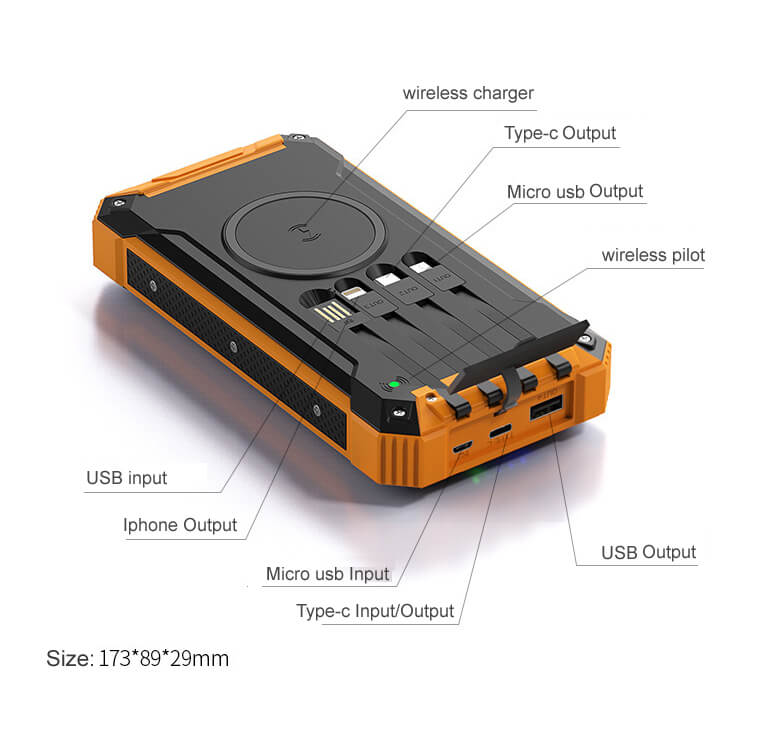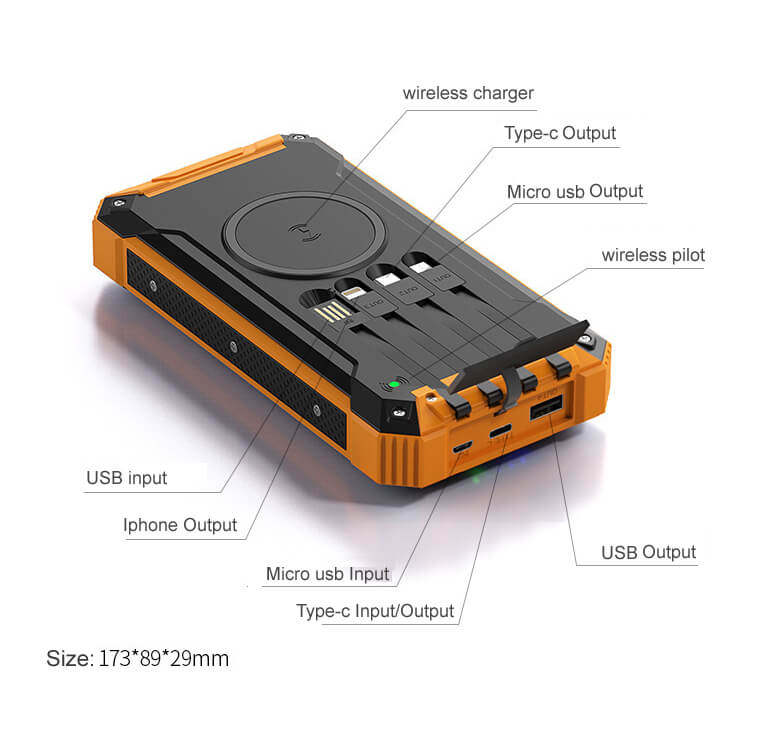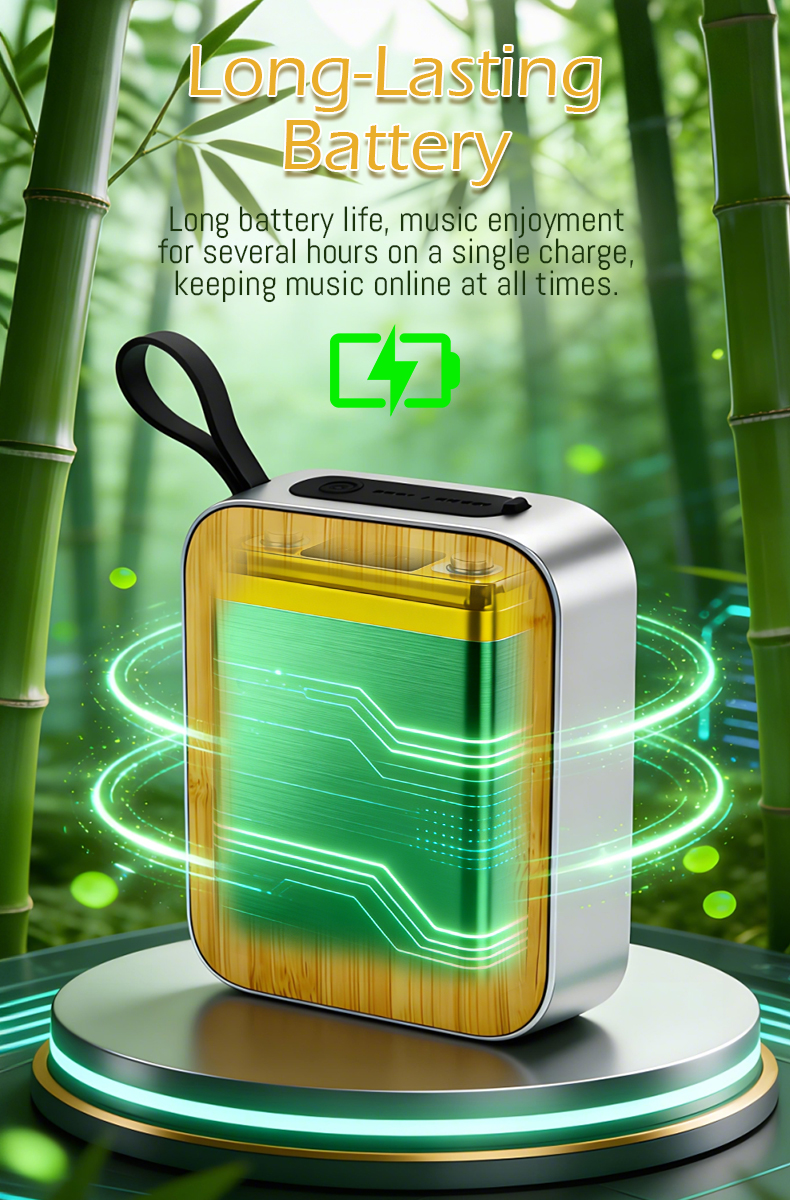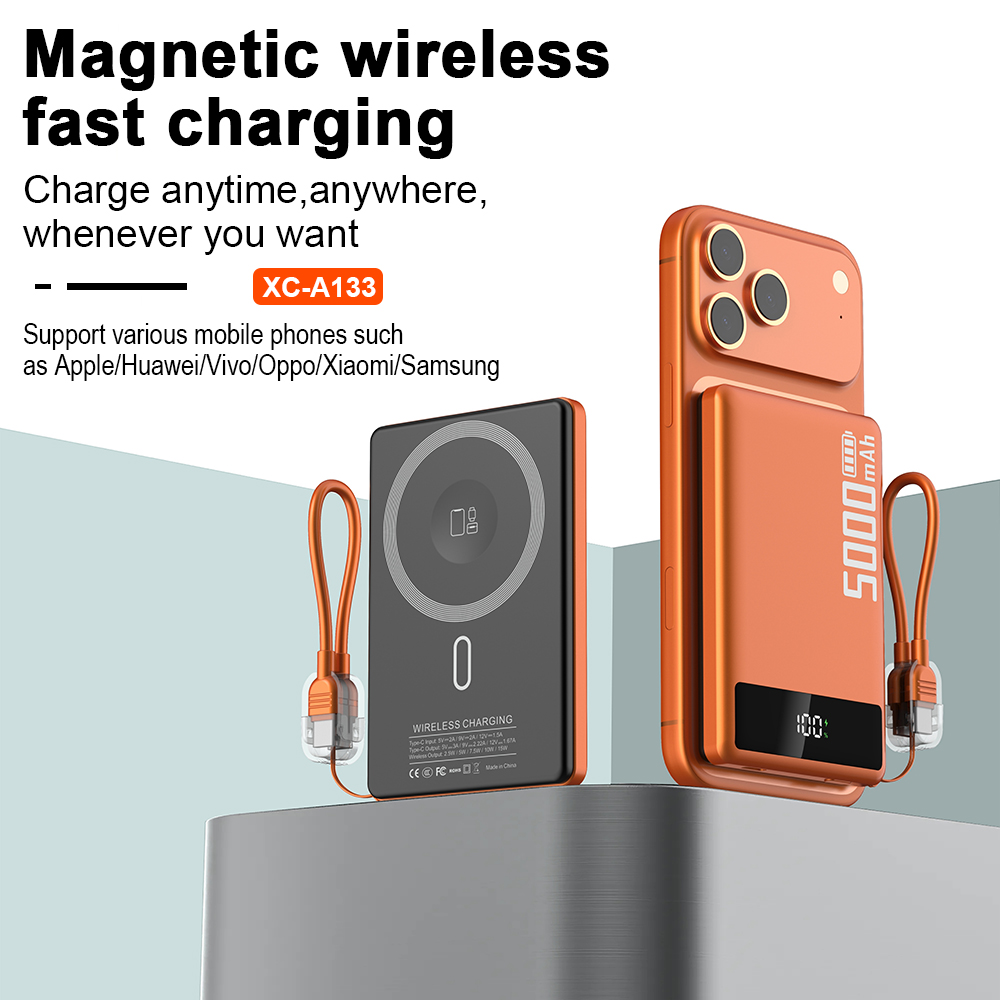Can solar charger be used

The Rising Trend of Solar Chargers

As people become more conscious about the environment and seek alternative energy sources, the use of solar chargers is gaining popularity. These compact and lightweight devices have revolutionized the way we power our electronic devices on the go. With the ability to convert sunlight into electricity, can solar chargers be used effectively? Let's explore the features and benefits of these innovative charging solutions.
The Science Behind Solar Chargers
Solar chargers utilize photovoltaic technology, which consists of solar cells that capture sunlight and convert it into electricity. These high-efficiency solar panels are designed to absorb maximum sunlight and generate sufficient power to charge various devices. The process involves the solar cells absorbing photons from the sun, freeing electrons and creating a flow of electricity. The generated power can be used directly to charge smartphones, tablets, laptops, and other electronic devices.
Benefits and Versatility of Solar Chargers
Solar chargers offer numerous advantages that make them a compelling choice for eco-conscious individuals and outdoor enthusiasts. Firstly, they provide a reliable power source in remote locations where traditional electricity access is limited or unavailable. Whether you're trekking in the wilderness or camping in a secluded area, solar chargers ensure your devices remain charged and functional.
Secondly, solar chargers are an eco-friendly alternative to conventional power sources. By harnessing the sun's energy, you reduce your carbon footprint and contribute to a cleaner and greener planet. Additionally, the use of solar chargers helps reduce the dependence on non-renewable energy sources, such as fossil fuels.
Thirdly, these chargers are incredibly portable and convenient. They are lightweight and can easily be carried in backpacks or placed on windowsills to capture sunlight. Some models even come with built-in batteries to store energy for later use, allowing you to charge your devices even during cloudy or nighttime conditions.
Limitations and Considerations
While solar chargers offer numerous benefits, it's important to consider their limitations. The efficiency of solar chargers can vary depending on factors such as weather conditions, geographical location, and the quality of the solar panels. They may take longer to charge devices compared to traditional chargers, especially in low light conditions.
It's also important to select a solar charger with the appropriate wattage to suit your device's power requirements. Some devices, such as laptops, may require higher wattage to charge effectively. Additionally, compatibility with different devices and the availability of charging ports should be considered before purchasing a solar charger.
Conclusion
In conclusion, solar chargers offer a sustainable and convenient solution for charging electronic devices. With their ability to harness solar power, they provide a reliable energy source in remote locations and contribute to a greener environment. Considering their benefits and limitations, it is clear that solar chargers can be effectively used as an alternative charging method, especially for outdoor enthusiasts and eco-conscious individuals.




